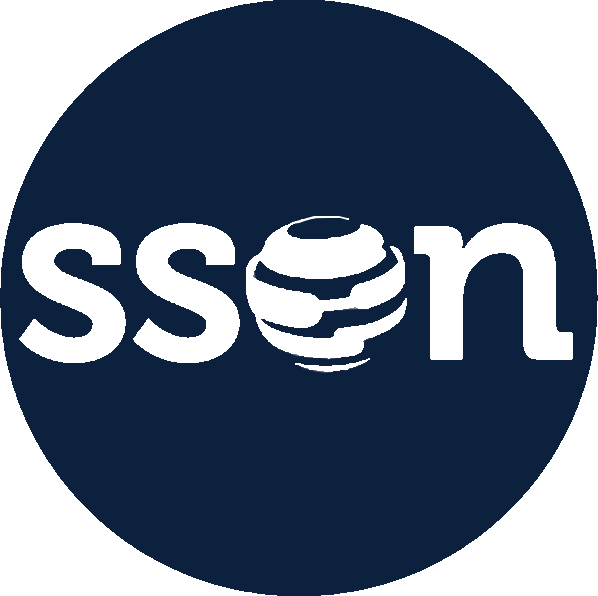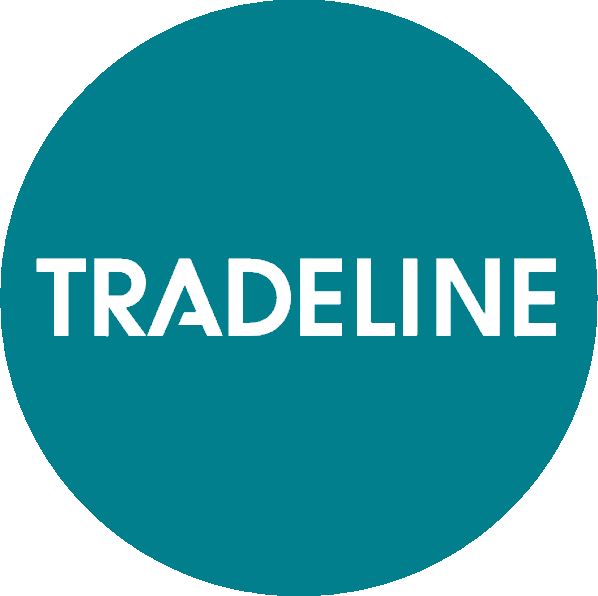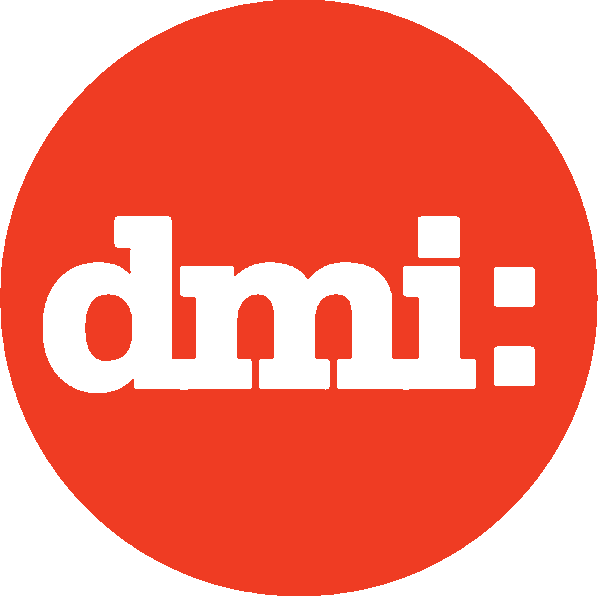Agree to Disagree?
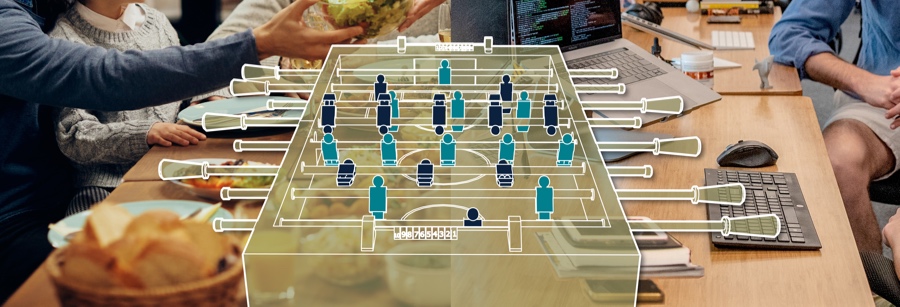
The Hidden Value of Argument
The holidays are about gathering, and gathering is good for us, right? But what about when we break into hives at the mere thought of a food-laden table surrounded by loved-ones or rather, ones we have to love?
In On Our Minds, we talk about the importance of community, the importance of argument, and how to gather, or even argue, productively with your community—whether you’re linked by genetics or profession.
On our minds
Every year, European countries dominate the top slots on the World Happiness Report and the US hovers somewhere between 16 and 20. There are multiple factors that play into this disparity, but a notable one is that the countries topping the index rank significantly higher than the US in terms of “social support,” defined as having someone to turn to in times of struggle.
This idea is reinforced by the communal nature of European culture. Often European restaurants (and European-inspired US chains, such as Le Pain Quotidien) will feature communal tables, inviting small groups and solo diners to strike up a conversation with strangers and enjoy the coziness of breaking bread, family-style.
Data tells us that community makes good things better. Humans have a natural tendency to be more psychologically influenced by bad news than good news, called negativity bias. Our responses to negative stimuli are more powerful because evolutionarily, they had to be. Seeking out a pleasurable situation is fun, but in our species’ earliest days, avoiding a negative situation meant staying alive. Science tells us that it takes three positive experiences to offset a single negative experience.
Furthermore, research indicates that sharing good news with others amplifies the positive neurological effects of that news, leading us to feel happier longer and, due to stronger neural pathways, helping us reprogram ourselves to make happy more of a “default” setting.
As we approach year-end assessments and the holiday events that, for workplaces, often double as platforms for public accolades, we should keep this in mind—showcases that allow us to celebrate our own value throughout the admiration of others. This public recognition (which, research indicates, is even more impactful coming from peers than supervisors) is key to a meaningful work experience, even if you’ve switched to remote or hybrid. It’s on managers to come up with dynamic ways to recreate these events across digital formats. Online holiday parties with a built-in engagement activity (we like the game show format of a recent episode of This American Life), positive reinforcement and recognition via shared workplace chats, peer-nominated awards and service rewards are all ways to ensure that workplace kudos are delivered to maximum effect.
Remember, reinforcements work the same way, regardless of the net-value of an experience. Recanting negative moments with friends and co-workers, which we colloquially (and somewhat dangerously) dismiss as “venting,” is maladaptive. It turns the “bad” neural pathways into information super-highways, reinforcing negative feelings. Why not work on transforming those positive neural “footpaths” into eight-lane freeways instead?
But, beyond recanting experiences, what about discussions that take an argumentative turn? Isn’t this what truly causes us to squirm, when we think about the holiday dinner table—or, for that matter, that upcoming meeting at work, where you know your coworker is planning to push a plan that counters your preferred approach?
Arguing can be extremely valuable; it teaches us to look at an issue from various perspectives, weigh those perspectives, and articulate our own perspective. Psychologically, arguing and more specifically, resolving an argument, can actually be beneficial to a relationship. It facilities an awareness of differing opinions, which leads to empathy, while providing an opportunity for us to voice our own values. In a sense, arguing lets us “get real” with each other, and as long as we don’t resort to (too much) shouting and insults, we are able to come out the other side energized, motivated, and with a greater respect or admiration for our sparring partner — and sometimes, with our own point-of-view transformed.
It may sound contradictory, but we can actually learn a lot about ourselves, each other, and the issue at hand when we argue. And contradictions can be incredible; just take it from this Pennsylvania man and Wally, his emotional-support alligator.
In further support of the idea that “happy” isn’t necessarily the most desirable outcome, a UCLA/Stanford study determined that the most satisfying outcomes are “poignant”— a mixture of happy and sad. Poignancy (near-kin to “bittersweet”) is a complex emotion—more of a journey, rather than a mere feeling—but the gist is that a tiny bit of sadness elevates an experience.
This concept of poignancy is often used to make a case for delivering bad news before good, while transparency dictates that we deliver bad news without sugarcoating. Researchers find that most people want bad news delivered directly, without attempts at verbal “cushioning.”
Rather than spending time “beating around the bush” verbally, maybe consider the importance of sensory intake in all situations, and deliver difficult info with a mug of hot tea? When we hold warm drinks, we actually view each other more warmly, according to one study. Perhaps subconsciously, this idea that warm food equals friendly attitudes is why some of us only brave tough family topics at what, upon initial assessment, may seem like the most inopportune time—a major holiday dinner.
Direct communication has always been our philosophy at PLASTARC. If we’re not able to be direct, we’re not able to be advisory. We endeavor to be polite but straightforward with our clients and colleagues, because we value your time and ours.
Whether it’s a work meeting or a holiday gathering you’re dreading, try to approach with an open mind and a newfound appreciation for heated discussions—and beverages! Disagreements are healthy, as long as basic respect is at the core of the joust.
From the archives
As 2020 wrapped up, we were talking about the pandemic workplace perks we wouldn’t want to part with, and many of them–such as remote and hybrid work and flexible hours–definitely seem here to stay, in some capacity. At the end of 2019, we wrote about creating physical workspaces that accommodate neurodiversity and provide more multi-sensory customization. Back at the end of 2018, we were working with the GSA (General Services Administration) to consolidate federal spaces into more sustainable, better-designed working environments.
In the spirit of debate, we’ll leave you with this holiday gem from a (recentish) yesteryear.
In Case You Missed It
If you were preoccupied last month with digital shopping deals, let us catch you up on adorable workplace trends and the shifting real estate scene.
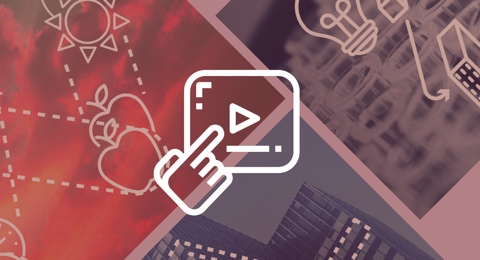
PLASTARC Presents
This holiday season, PLASTARC has a gift for you. We’ve created a new Presentations page (under Resources), to share the materials from our recent speaking events on topics from data and design to sustainable workplaces.
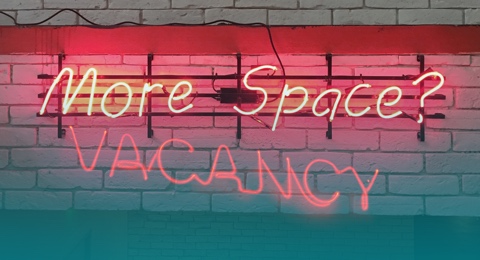
Former Office Space Seeks Tenants
Workers are back but not at pre-COVID levels. Paired with high interest rates, this means corporate tenants aren’t renewing leases, and the real estate market is at a crossroads.

Take Your Pet to Work Day
A Japanese office decides that work is more fun when your co-workers are furry.
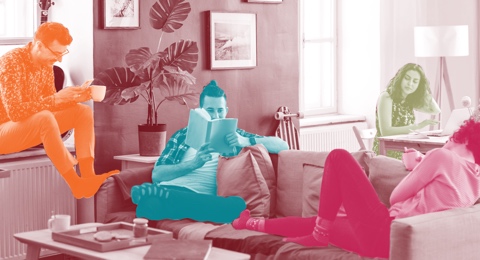
Post-Collegiate Dorm Life
Co-living–or roommates placed by management companies into apartments with strangers—is making a comeback in New York. What’s behind the trend?
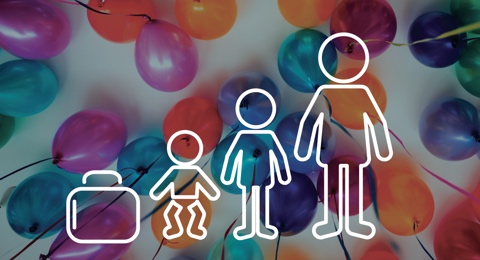
Cross-Generation Collaboration
Japanese “baby workers” hang out with nursing home residents, in exchange for diapers, formula, and cuddles from surrogate grandparents.
Looking Ahead
Need some suggestions to pencil into your shiny new calendar?



